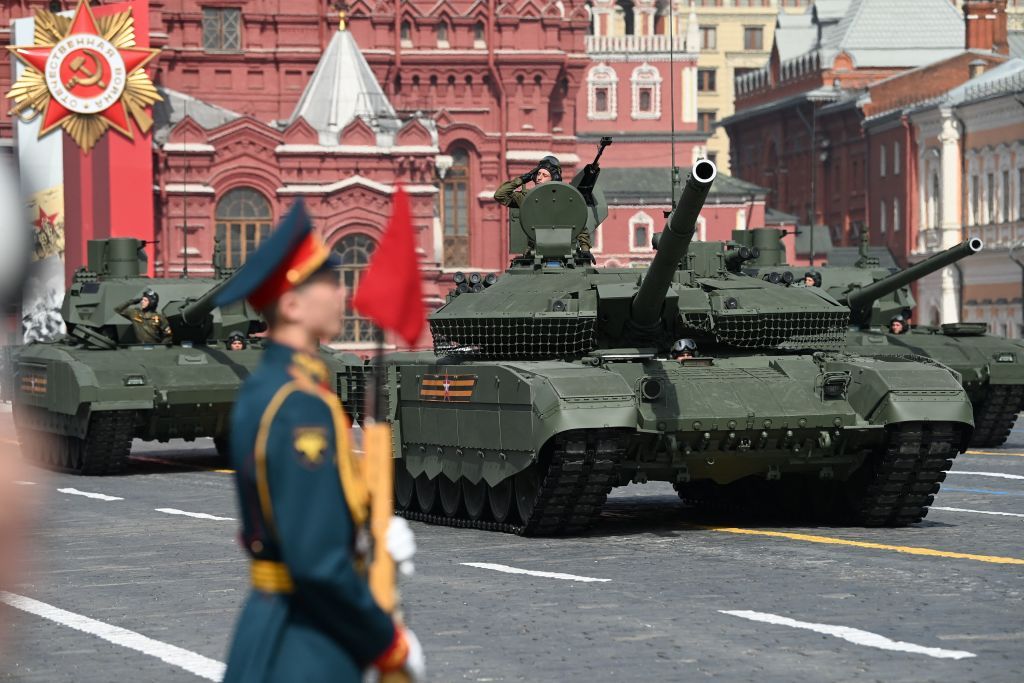'A very big Russia problem' – NATO commander warns of post-Ukraine war threat to US and Europe

The U.S. and Europe will have a "very, very big Russia problem" regardless of how the war in Ukraine ends, the supreme allied commander for NATO warned on July 18.
Speaking at the Aspen Security Forum in Aspen, Colorado, U.S. General Christopher Cavoli said even a Ukrainian victory would only be the beginning of Western attempts to contain Russian aggression.
"The outcome on the ground is terribly, terribly important, but we can't be under any illusions. At the end of a conflict in Ukraine, however it concludes, we are going to have a very, very big Russia problem," he said in comments reported by Voice of America (VoA).
"We are going to have a situation where Russia is reconstituting its force, is located on the borders of NATO, is led by largely the same people as it is right now, is convinced that we're the adversary, and is very, very angry."
Speaking at the same event, the foreign and security policy advisor to German Chancellor Olaf Scholz gave another grim assessment, saying that "by the choice of (Vladimir) Putin, we are entering a phase of a long, drawn-out conflict with Russia."
"Its bloodiest manifestation, at the moment, is the war in Ukraine. But obviously, it's not the only one," Jens Plotner said.
"We have seen hybrid activity across Europe. We have seen hybrid activity in the United States. We have seen Russia reaching out to Africa. We have seen Russia rekindling ties with Tehran or, even worse, Pyongyang.
"So, I think all of this is part of the bigger picture, which we need to acknowledge."
The warnings come as concerns over the long-term commitment of the U.S. to Ukraine continue to mount.
Former U.S. President and Republican nominee Donald Trump has repeatedly promised to end Russia's full-scale war against Ukraine within 24 hours if elected but has not publicly elaborated on how he plans to do so. One plan reportedly involves ceding territory to Russia.
Senator J.D. Vance, who was recently chosen as Trump's running mate, is thought to be an even more outspoken opponent of U.S. support for Ukraine and has openly endorsed territorial concessions as part of a potential peace deal.
Elsewhere on July 18, NATO Secretary General Jens Stoltenberg told the BBC that NATO allies must prepare for the worst-case scenario of a decade-long war in Ukraine.
"The main message is that the stronger the support for Ukraine and the longer we are willing to commit, the sooner this war can end," Stoltenberg told the BBC. "The paradox is that now (Russian) President Putin believes that he can wait us out. So therefore, the war continues."
Stoltenberg, whose term as secretary general ends in October, has consistently urged NATO allies to increase defense spending amid risks of fracturing among the alliance.
Multiple NATO countries, including Slovakia and Hungary, have questioned NATO's commitment to supporting Ukraine in the war, calling instead for a peace agreement.











